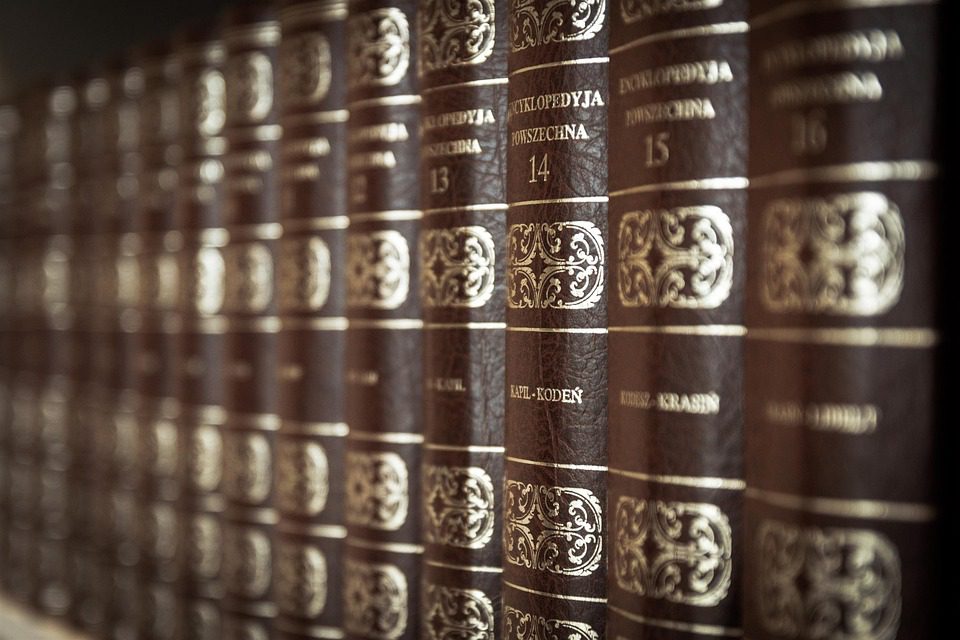The Philosophy of Politics: Analyzing the Relationship between Power
Politics is the realm of power. It is about making decisions that affect the lives of millions of people. It is about who holds the reins of power and how they wield it. Political philosophy, on the other hand, is about analyzing the relationships between power and people. It asks fundamental questions about the nature of power, the role of the state, and the relationship between the individual and society.
In this article, we will explore the philosophy of politics and its relationship to power. We will examine different philosophical perspectives and ideologies, and how they shape our understanding of the link between politics and power. We will also discuss key concepts such as sovereignty, democracy, and justice.
Philosophical Perspectives on Power
Power is a fundamental concept in political philosophy. It is the ability to get what you want, whether through coercion, persuasion, or influence. Different philosophical perspectives offer different ways of understanding power and its relationship to politics.
Realism: Realists view power as the defining feature of international relations. Power is what drives states to act in their self-interest, to defend themselves, and to pursue their national objectives. Realists argue that states need to be strong and powerful to protect their interests, and they therefore emphasize the importance of military power, alliances, and deterrence.
Liberalism: Liberalism emphasizes individual freedoms and human rights. Liberals believe that power should be distributed evenly, that everyone should have a voice, and that no one should be able to dominate others. They argue that democratic governments, which are accountable to the people, are the best way to ensure that power is not abused.
Marxism: Marxism argues that power is inherently linked to class relations. They argue that capitalism creates unjust power relations that result in the domination of the working class by the ruling class. Marxists believe that the only way to achieve a truly equal society is through a socialist revolution.
Feminism: Feminist political philosophy focuses on how power relations are shaped by gender. Feminists argue that power is often used to uphold male dominance and patriarchal social structures. They call for a more equitable distribution of power between the sexes, and for social structures that do not favor one gender over the other.
The Role of the State
The role of the state in society is another key concept in political philosophy. Different ideologies have different views on what the state should do, and how much power it should have.
Libertarianism: Libertarians argue that the state should have minimal involvement in the lives of individuals. They emphasize individual freedom and limited government. They believe that people should be free to do what they want, as long as they do not harm others.
Conservatism: Conservatives believe that the state plays an important role in preserving traditional values and institutions. They believe in a strong national defense, a free-market economy, and limited government intervention in people’s lives.
Socialism: Socialists argue that the state should play a central role in regulating economic activity and ensuring social justice. They believe in government ownership of key industries, and in using tax revenue to fund public goods and services.
Key Concepts in Political Philosophy
Sovereignty: Sovereignty refers to the idea that the state has ultimate authority over its territory and people. It is the power to govern without outside interference. Sovereignty is a key concept in international relations, and is often used to justify state actions in the global arena.
Democracy: Democracy is a system of government in which power is held by the people, either directly or through elected representatives. Democracy is based on the principle of popular sovereignty, and emphasizes the importance of individual freedom and respect for human rights.
Justice: Justice refers to the idea that individuals should be treated fairly and equitably. It is a key concept in political philosophy, and is often used to justify social policies and interventions aimed at reducing inequality and promoting social welfare.
FAQs
Q: What does the philosophy of politics aim to achieve?
A: The philosophy of politics aims to understand the nature of power, the role of the state, and the relationship between individuals and society. It seeks to provide a theoretical framework for understanding political behavior and for evaluating different political systems and ideologies.
Q: What are the main philosophical perspectives on power?
A: Realism, liberalism, Marxism, and feminism are some of the main philosophical perspectives on power. Each of these perspectives offers a different way of understanding power and its relation to politics.
Q: What is the role of the state in political philosophy?
A: The role of the state in political philosophy varies depending on the ideology. Libertarians believe that the state should have minimal involvement in people’s lives, while socialists believe that the state should play a central role in regulating economic activity and promoting social justice.
Q: What are some key concepts in political philosophy?
A: Some key concepts in political philosophy include sovereignty, democracy, and justice. These concepts are used to understand the nature of power, the role of the state, and the relationship between individuals and society.
Conclusion
The philosophy of politics is a deep and complex field, with many different perspectives and ideologies. It is an important area of study because it helps us to understand the foundations of political behavior, and to evaluate different political systems and policies. By analyzing the relationship between power and politics, we can gain a better understanding of how individuals and groups exert influence over each other, and how societies are shaped by competing interests and ideologies.

